International Training on Ecohydrology in Tanzania “From Solutions to Real Implementation”20/9/2019 In April 2019, a training on ecohydrology was conducted by the UNESCO Chair in Ecohydrology and Transboundary Water Management at Sokoine University in Morogoro, Tanzania. The training aimed to impart trainees with knowledge on environmental and fundamental natural resource economics applied in the valuation of ecosystems and their respective ecosystem services. Furthermore, trainees were equipped with detailed knowledge, critical understanding, strategies and the tools required to take an interdisciplinary approach towards Ecohydrology and valuation of ecosystem services. Trainees were also imparted with theoretical and methodological debates in Ecohydrology and Integrated Water Resource Management (IWRM) to better understand the complex emergence of water resources problems and management; ecosystem degradation and their implications for human-nature relations and how to deal with them in practice for ecological sustainability and societal needs. A total of twenty (20) trainees, ten (10) males and ten (10) females participated in the training course. These trainees come from different government, private and Non-Governmental institutions dealing with nature and environmental conservation.
A series of trainers presented materials on different ecohydrological concepts, including Prof. Luis Chicharo on the concept of coastal ecohydrology and ecohydrology for water quality and quantity, Mr. Yohannes Zerihum on ecohydrology for sustainability and resilience of water ecosystems in Africa: Ethiopia Case Studies, Dr. Makarius Lalika on the background of the UNESCO Chair on Ecohydrology in Tanzania and ecohydrology and ecosystem services provision, Ms. Rosemary Masikini on a river health assessment too: A tool application of the ecohydrology approach in Zigi and Wami-Ruvu, and Dr. Rahmah Elfiphtri on Integrated Water Resource Management. The field excursion was carried out at Mindu Water Reservoir where participants were exposed to the historical background of this water reservoir, its potential role for water supply for industrial and domestic uses, environmental threats to its catchments including the five (5) inlets, eutrophication and sedimentation from unsustainable agriculture, mining, illegal fishing, to name just a few. Moreover, participants had the opportunity to see riparian vegetation along the reservoir. Group work was also part of the tasks for this particular training, with topics including agriculture and ecosystem services provision along the Usangu Plain, Mbeya, Tanzania; ecohydrology solutions in river basin management: a case study in the Ngerengere River, Morogoro; an ecohydrology project along the Tegeta River: a case study in Dar es Salaam, Tanzania; and an ecohydrology project: a case study in the Nzovwe river, Mbeya, Tanzania. The training came up with ideas for the establishment of two demosites in Tanzania as future training sites: i. Coastal environment restoration ii. Catchment management and sediment monitoring around Mindu Water Reservoir Similarly, the training team is working on a joint paper as part of the outputs of the training. It was also proposed to continue looking for funding sources so as to establish a joint MSc studies between our UNESCO Chairs and respective Universities. Inquiries on the training and the UNESCO Chair on Ecohydrology in Tanzania can be sent to Dr. Makarius Lalika at [email protected].
1 Comment
|
ArchivesCategories |
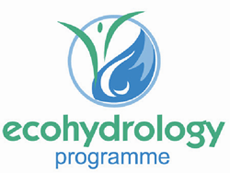
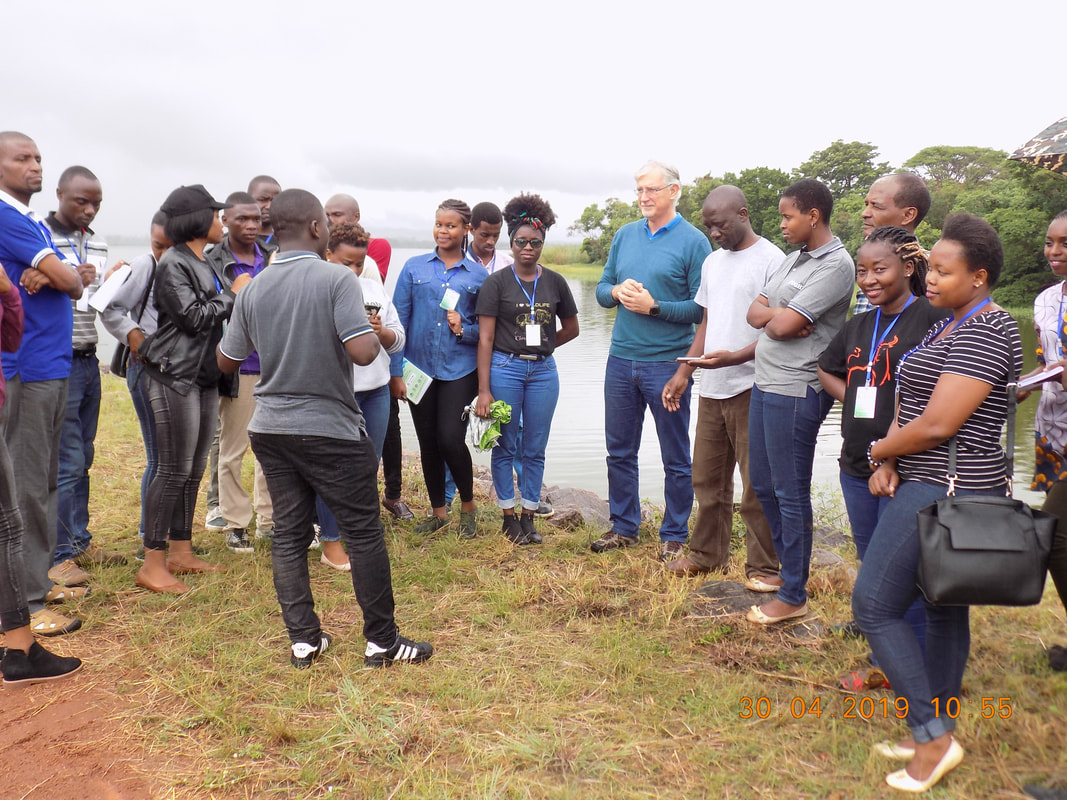
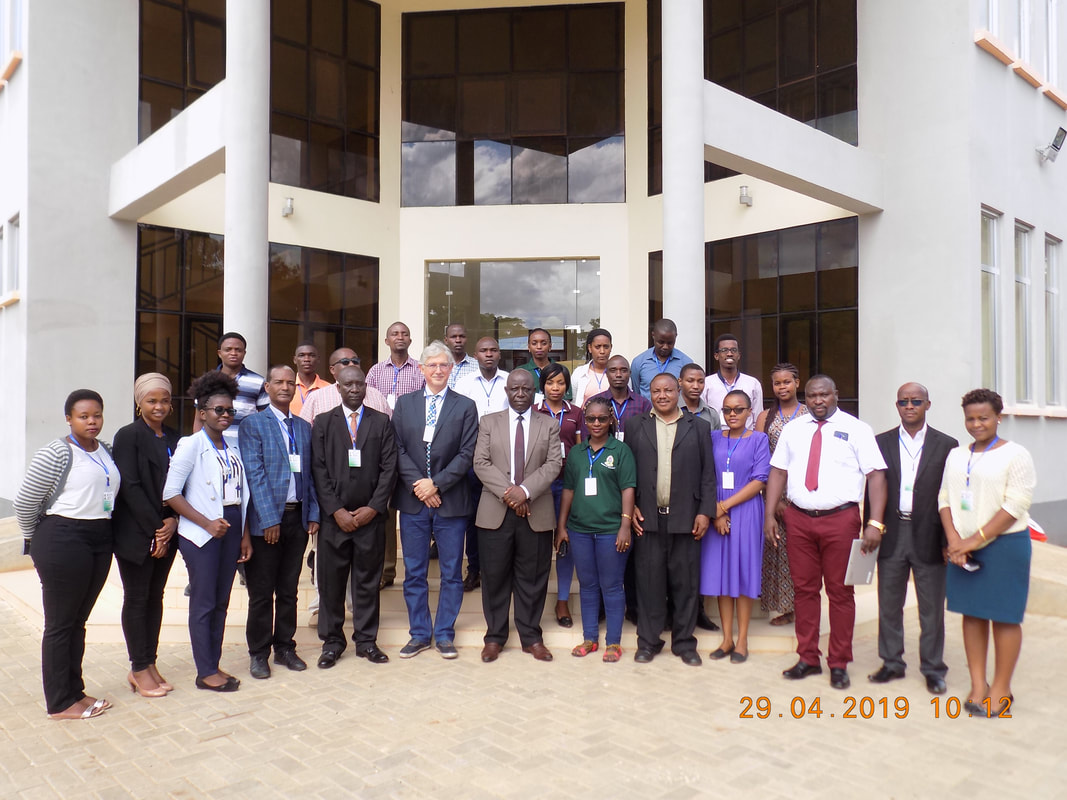
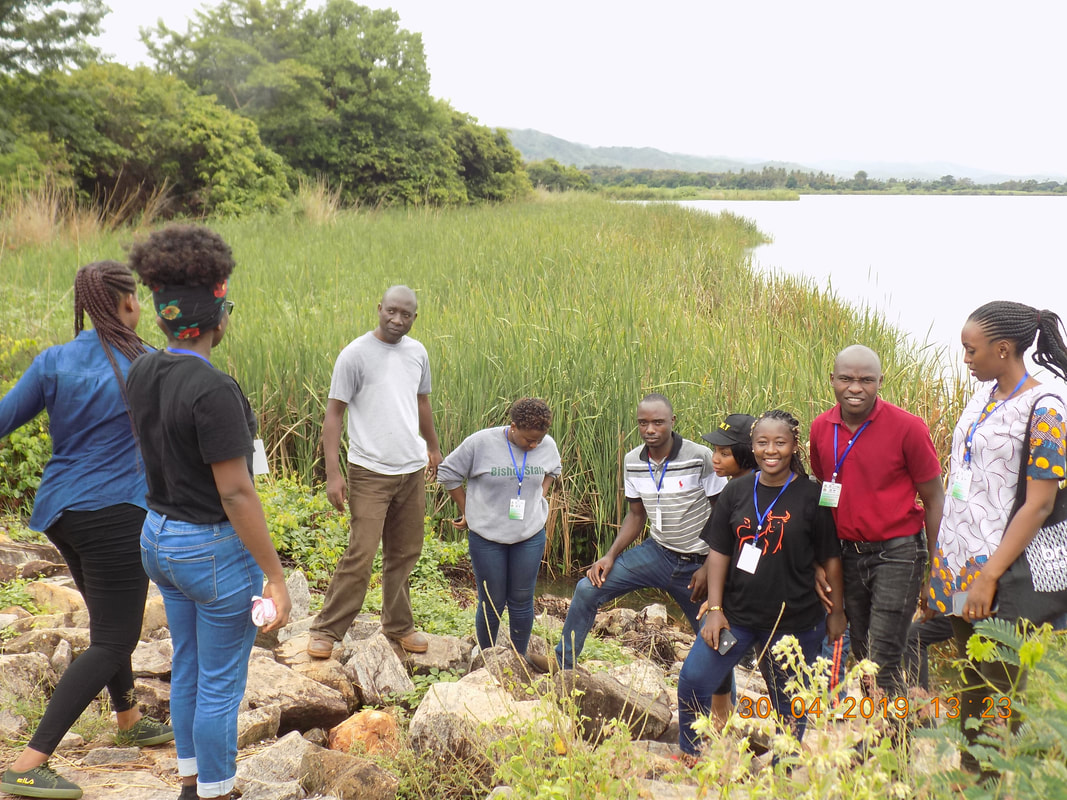
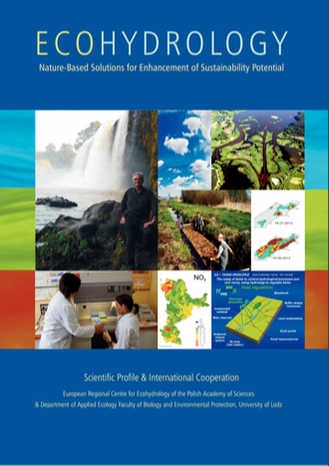
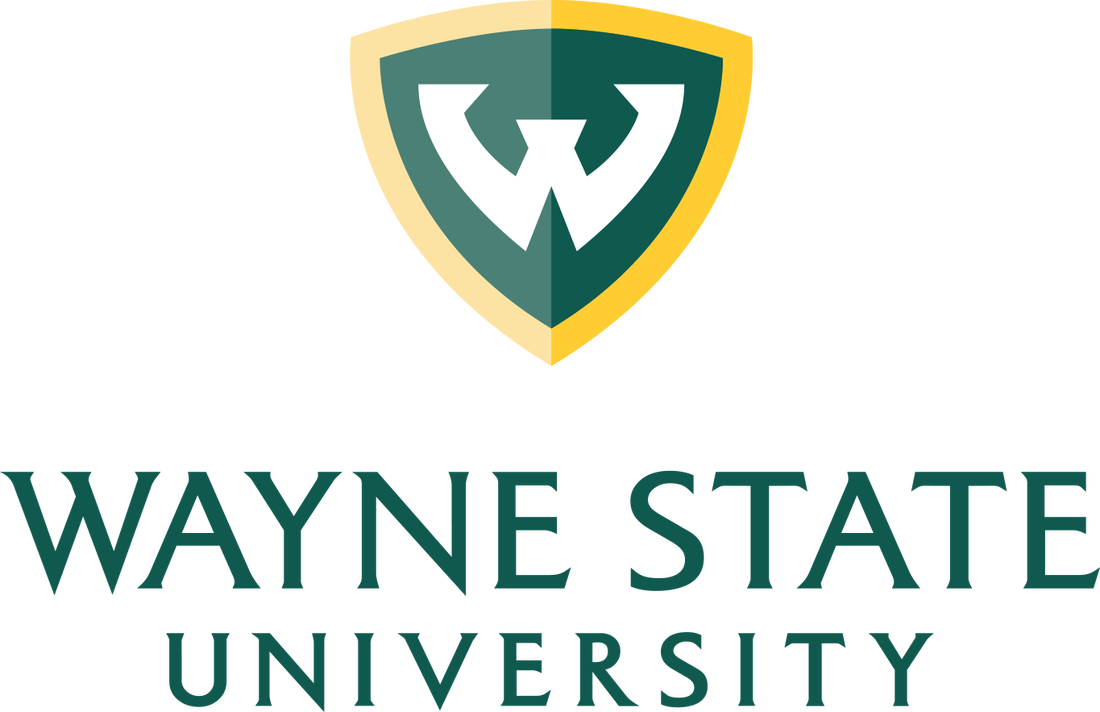

 RSS Feed
RSS Feed
